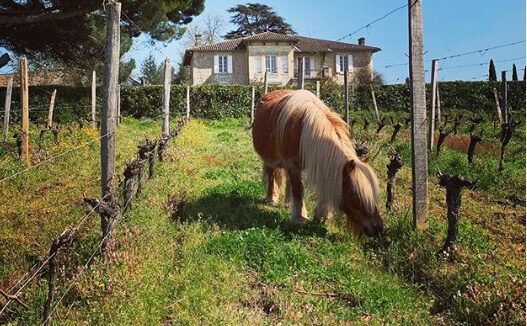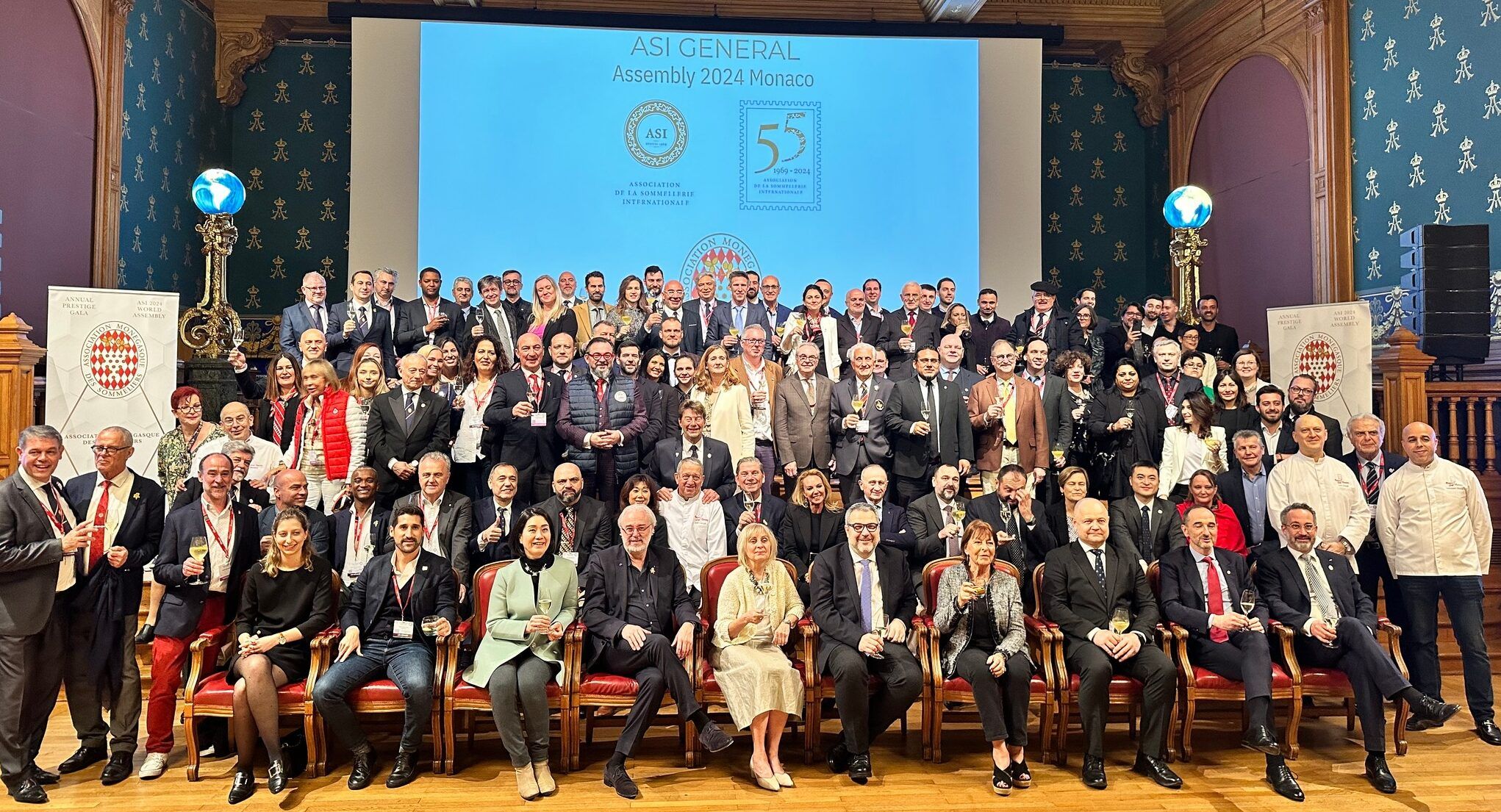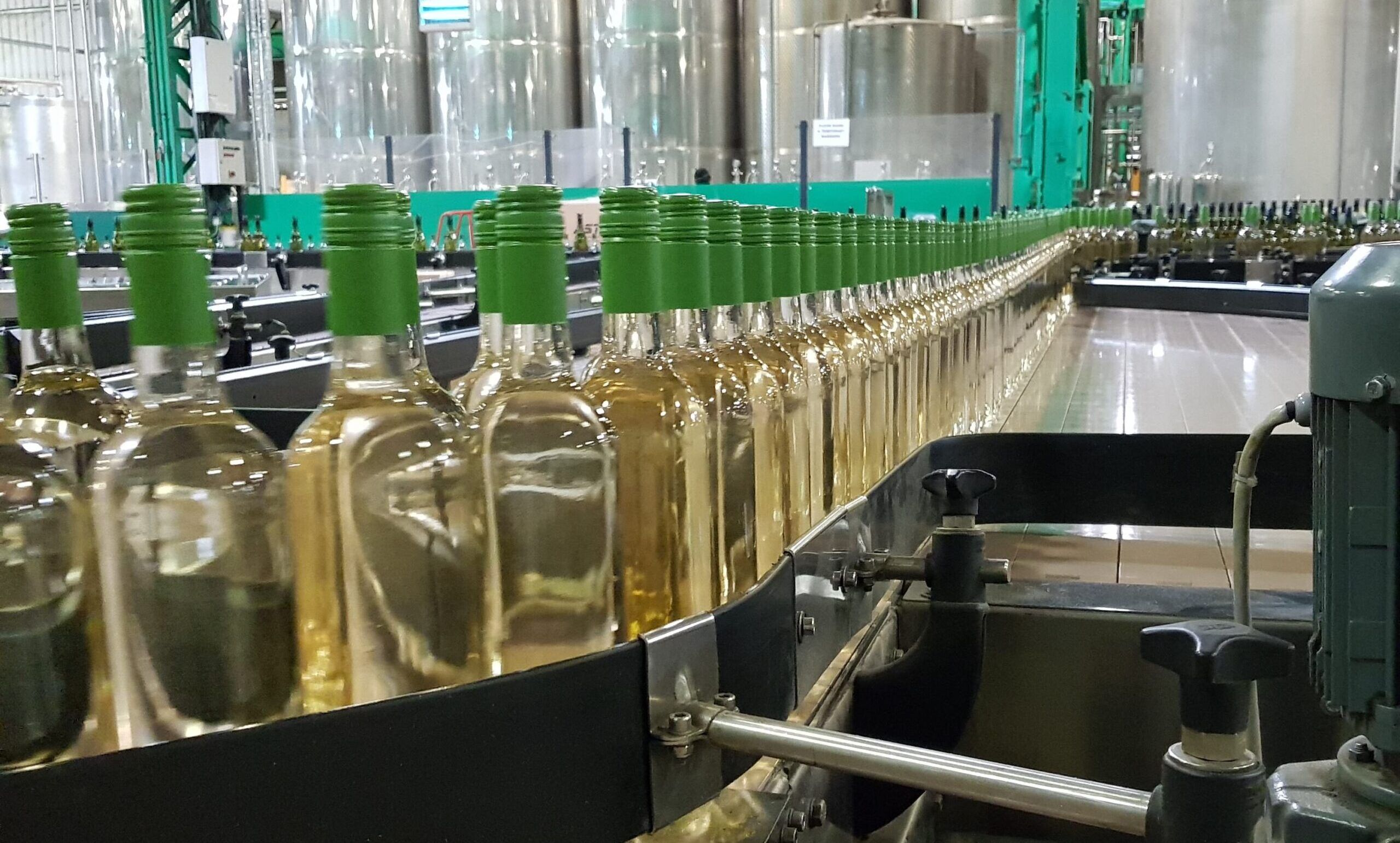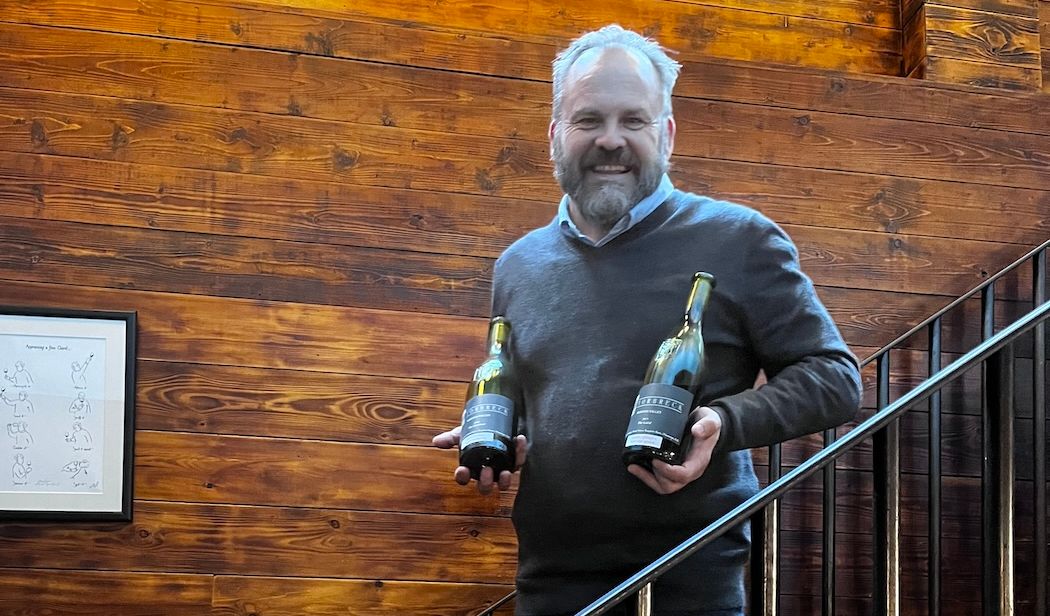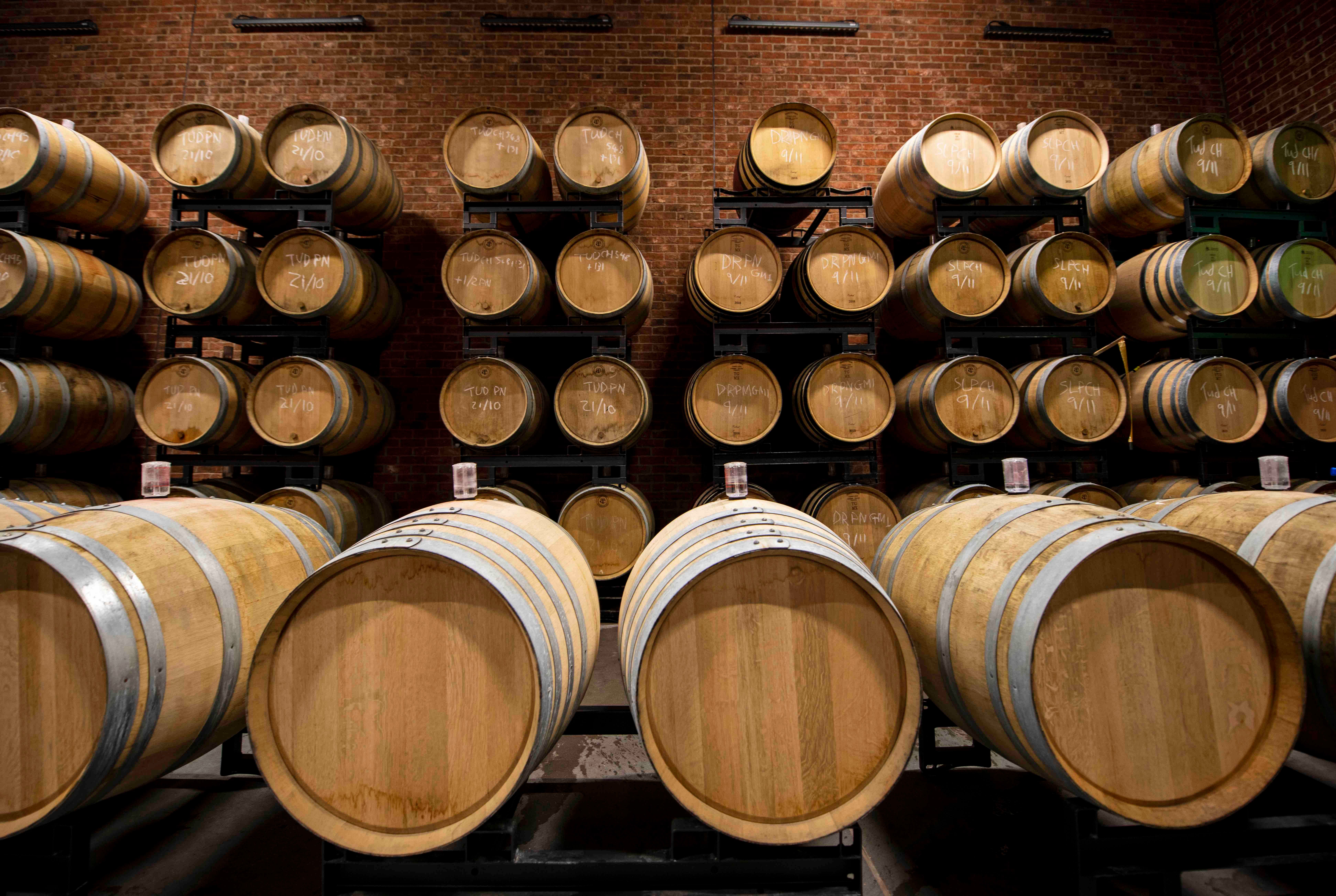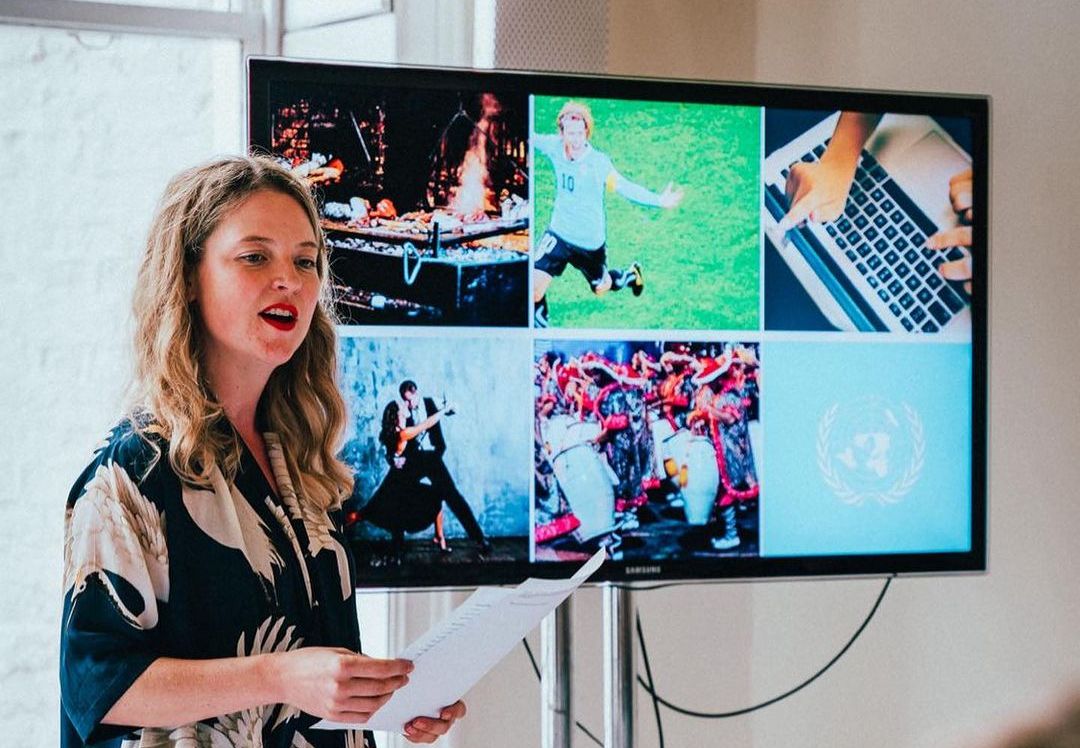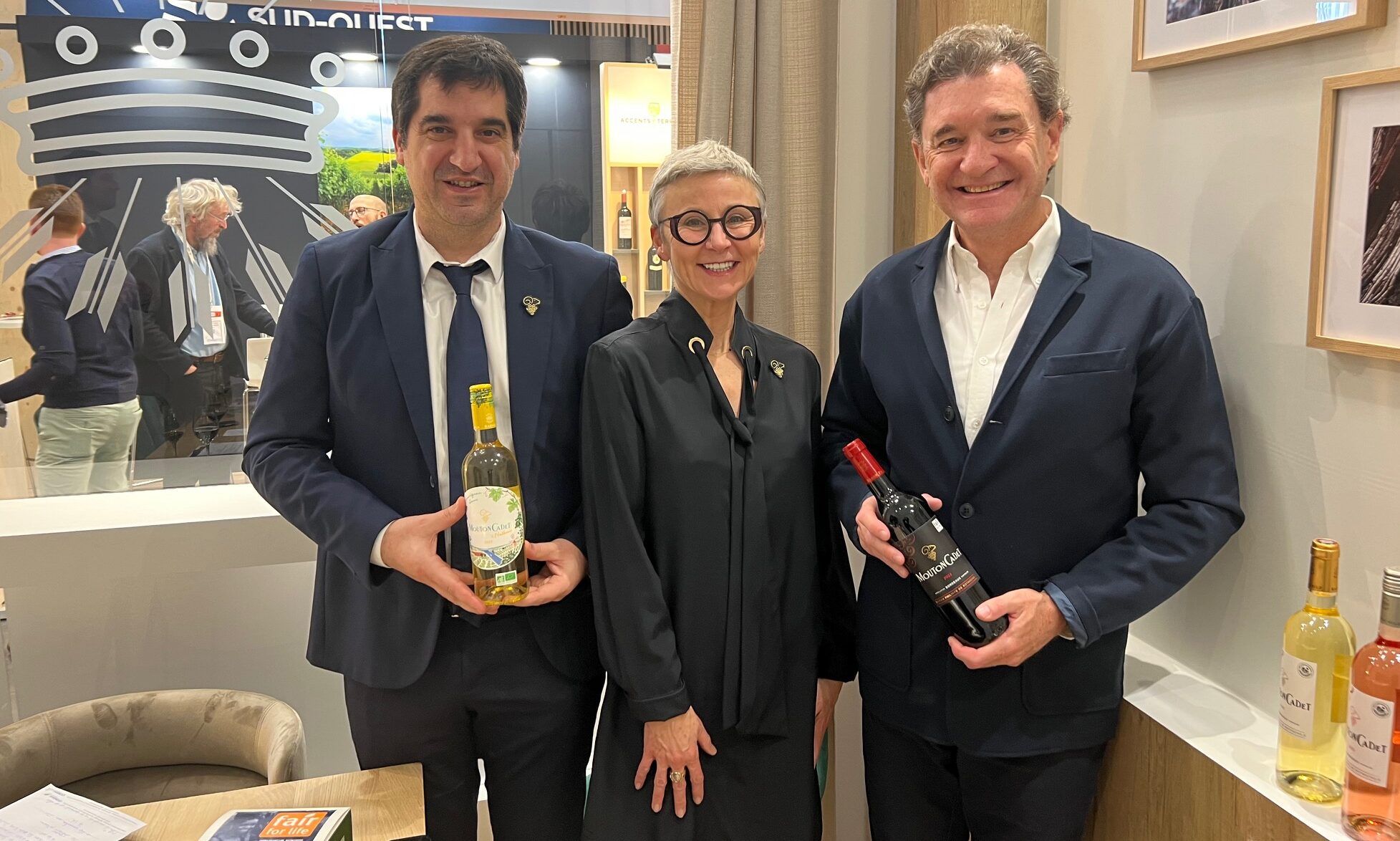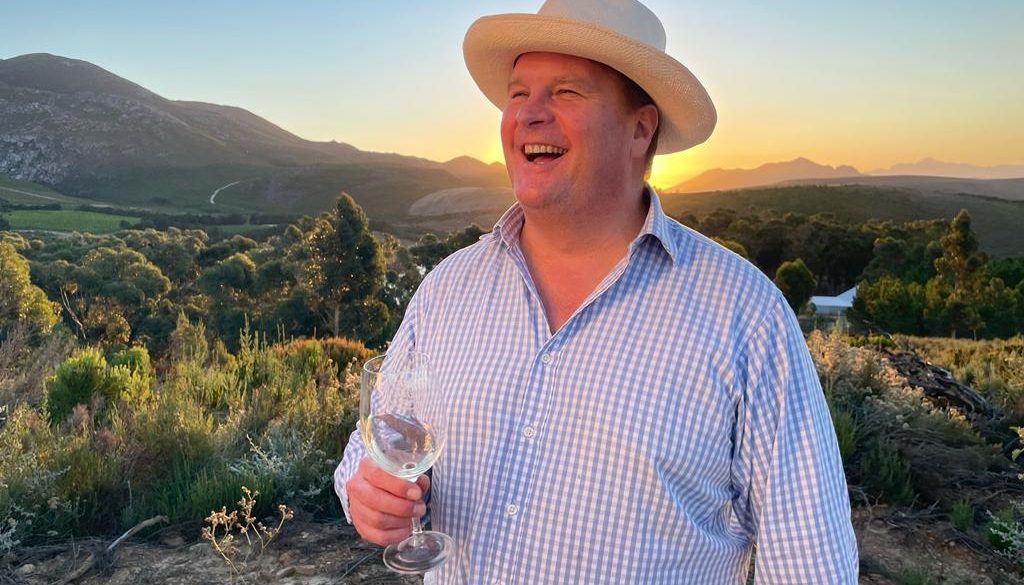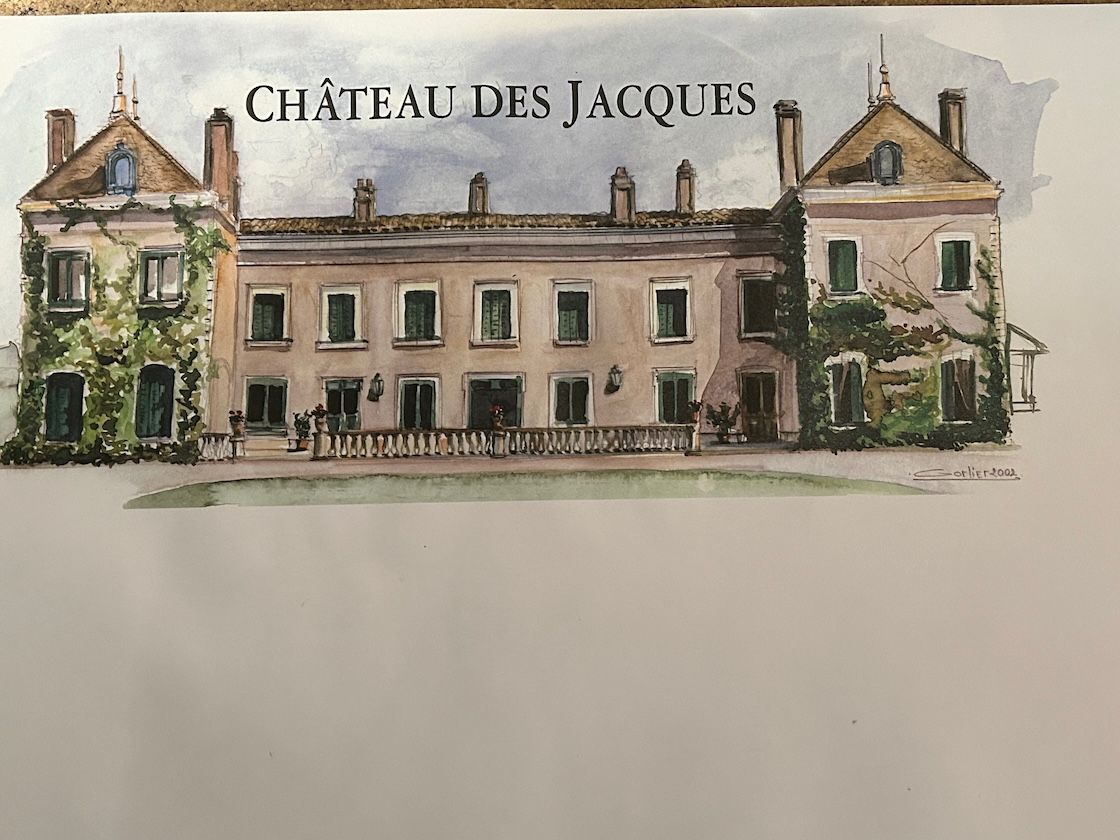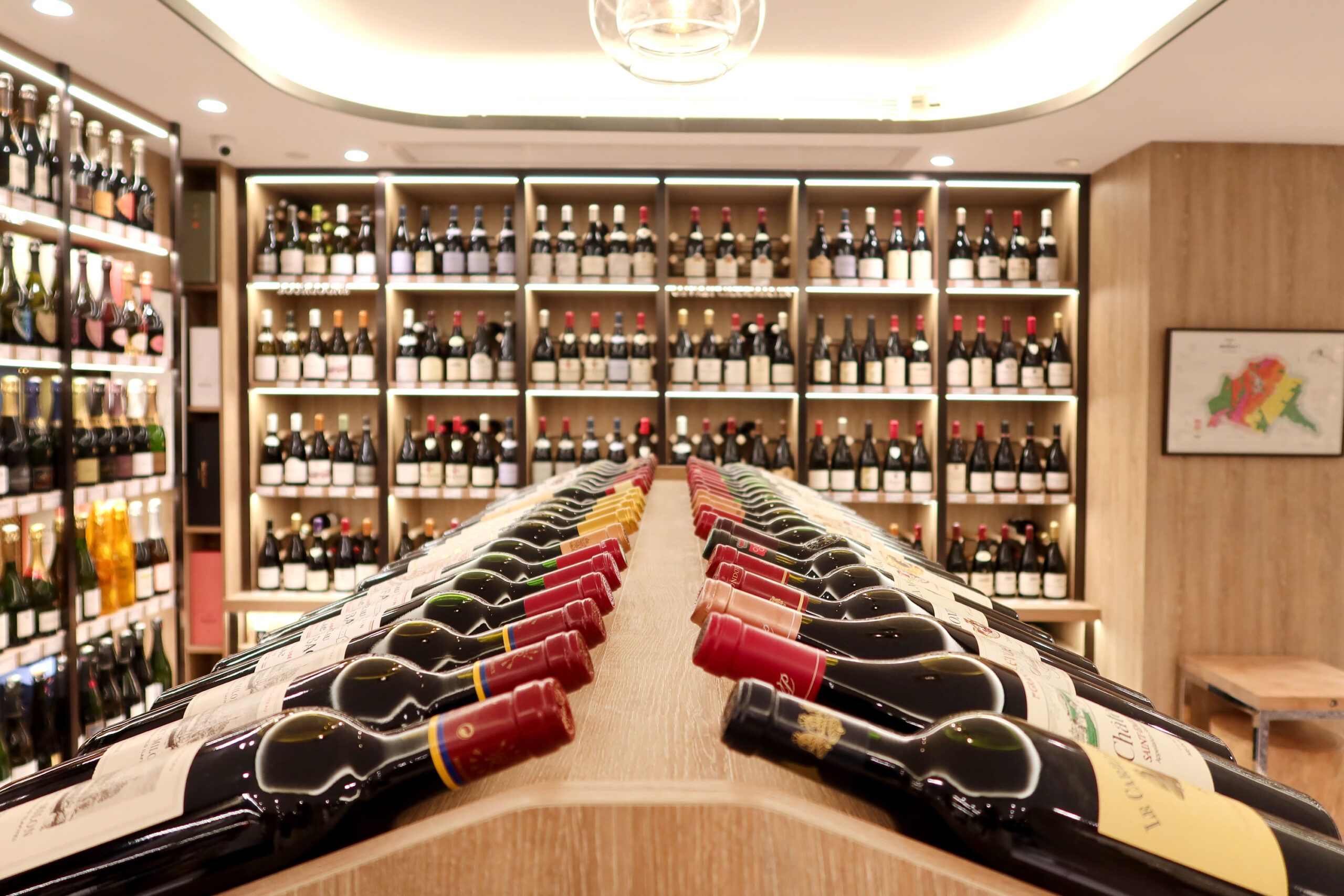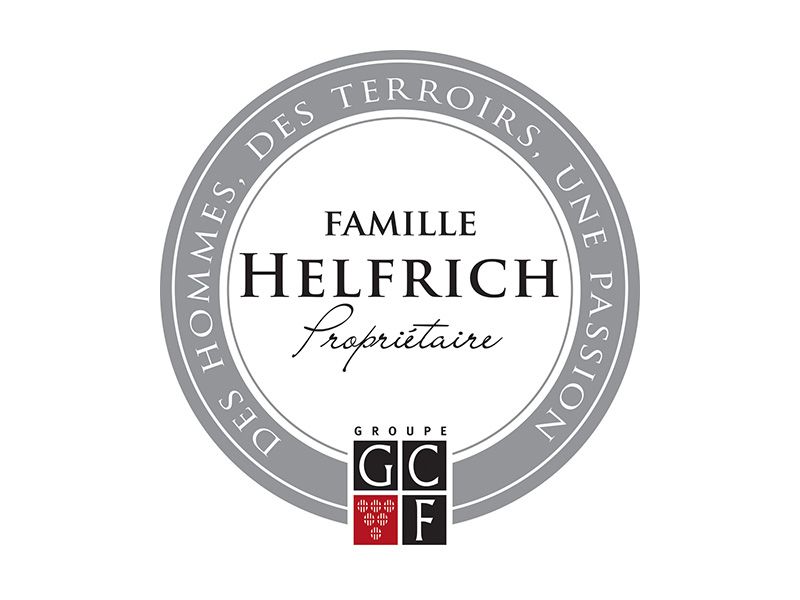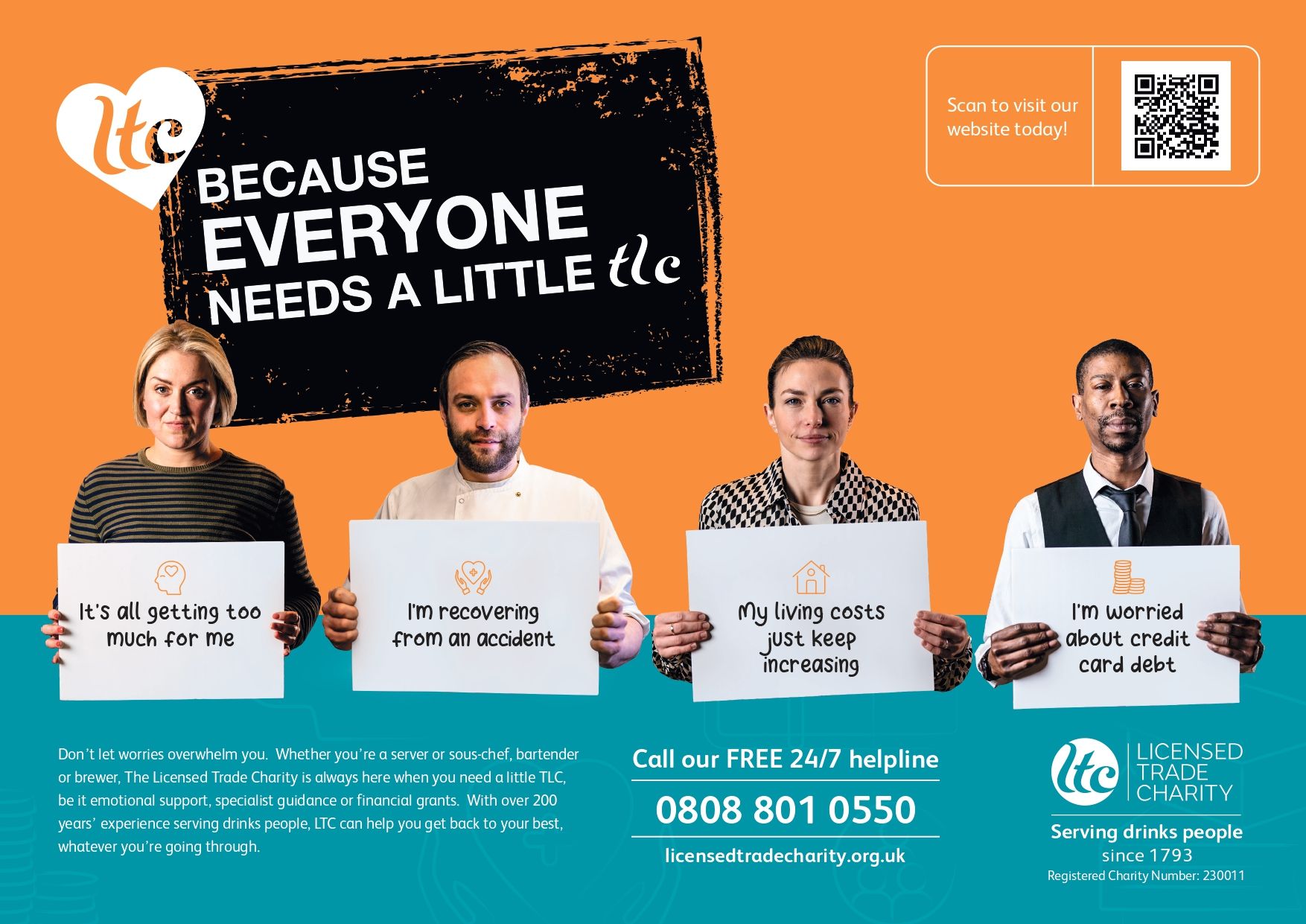Bordeaux’s push for a more sustainable future may not be as headline grabbing as the latest 100 point wine, but it’s what the region as a whole is more interested in, says Jessica Broadbent.
Anyone who still questions the role and significance of organic and sustainable winemaking in world wine production needs to look at these figures. In 2014 34% of the total wineries in Bordeaux farmed either organically, sustainably under HEV (high environmental value), Terra Vitis, or were biodynamic certified. Today that figure sits at 65%, according to the CIVB (Le Conseil Interprofessionnel du Vin de Bordeaux). These figures cover the numbers of wineries – not the actual vines. The HEV certification is focused on reducing the use of pesticides and increasing biodiversity.
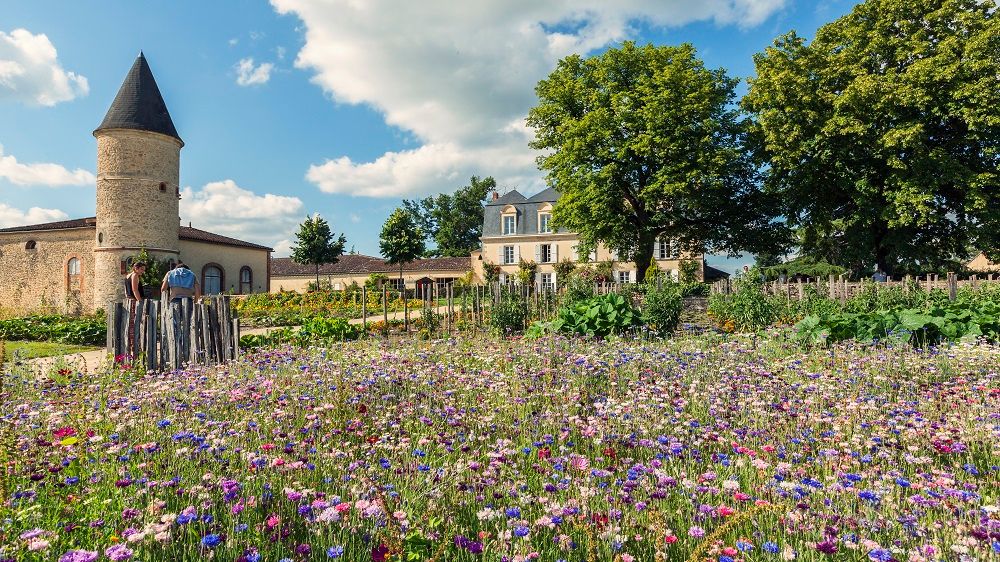
Bordeaux is on a charge with the number of wineries switching to organic and other forms of sustainable production
Julie Rambaud, the CIVB’s marketing director told The Buyer that the “dramatic increase” is even more impressive when you consider the percentage surface area of organic vines has increased by 30% this year alone. It now sits at 14,000 hectares, around 14% of the total 100,000 hectares under vine in Bordeaux. The CIVB hopes the region can achieve 100% winery status under either organic, HEV, Terra Vitis, or biodynamic status 2030.
Fiona Juby, CIVB UK market consultant, claims Bordeaux’s move to sustainable production is even more significant considering how difficult it is to farm organically in the region due to the climate.
Biodynamic conversion has also boomed with a 55% increase in biodynamic production this year, albeit from a small starting point. Up to 1,500 hectares are now certified biodynamic in Bordeaux, around 1.5% of the total.
Social responsibility
Bordeaux’s commitment to creating a more sustainable future for its vines, also comes with a growing concern with corporate social responsibility (CSR) within the region, the CIVB told The Buyer. Bordeaux has become the first group of vineyards in France to collectively agree to focus on CSR, it claimed.
This means wineries focusing on all aspects of their social responsibility, not just looking after the environment and working towards carbon neutrality. It also includes working with their employees and stakeholders towards more transparent practices and a sustainable economy, improving health and security, continuing to innovate, and adapting to consumer needs. Support for this focus on CSR is across the board, both from small and larger winegrowers, said the CIVB.
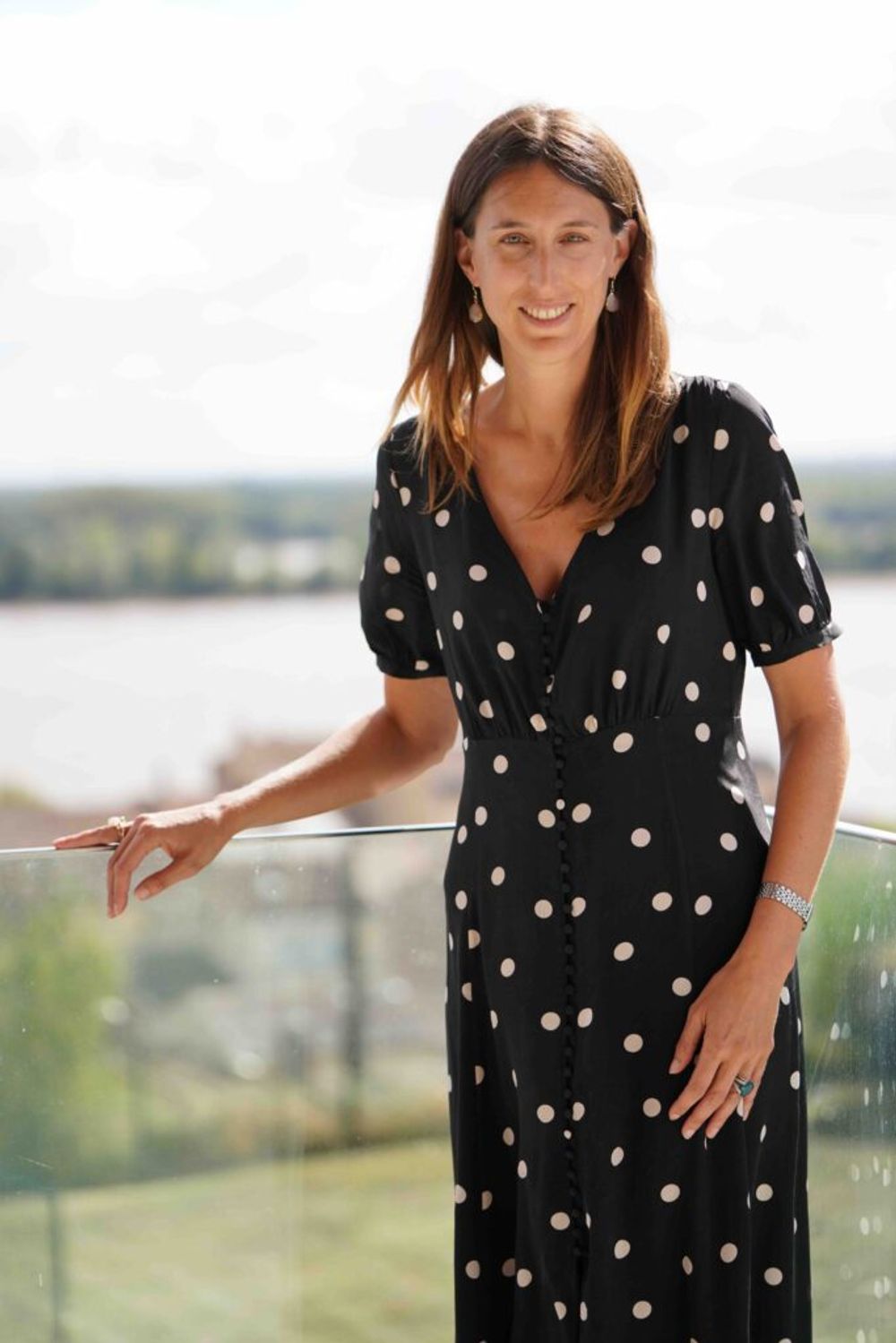
The CIVB’s Julie Rimbaud says the push to organics as been “dramatic” in recent years
Digital push
The coronavirus has forced most industries to go digital in at least one aspect of business, and Bordeaux is no different. The CIVB said the ecommerce sector is now booming across the region because of Covid-19.
“I’ve been absolutely impressed by the agility and the resilience of our winemakers and our merchants,” said Rimbaud.
The CIVB has looked to play its part by promoting more direct sales, and working on promotions to protect the off-trade while it was able to remain open. The key has been finding new ways to keep in contact with your customers, said Rambaud.
It has worked hard on its marketing in order to give people around the world a new, albeit online, experience of Bordeaux from afar, creating a virtual reality vineyard that users can access via their mobile phones.
The CIVB has also started live streaming events including a virtual trade tasting for the Chinese market with both live and prerecorded video. It has found live webinars particularly successful, reaching double the size of the audience on average that it would normally attract to in-person events.
One positive to come out of social distancing, said Rambaud, is that even when normal person-to-person contact returns, the CIVB is likely to continue with offering a “digital alternative so we can reach the maximum number of people possible”.
Within the UK market Juby has noticed it is reaching a much more diverse audience than before, when events were only accessible to those who live close to where it was being held.
White wine success
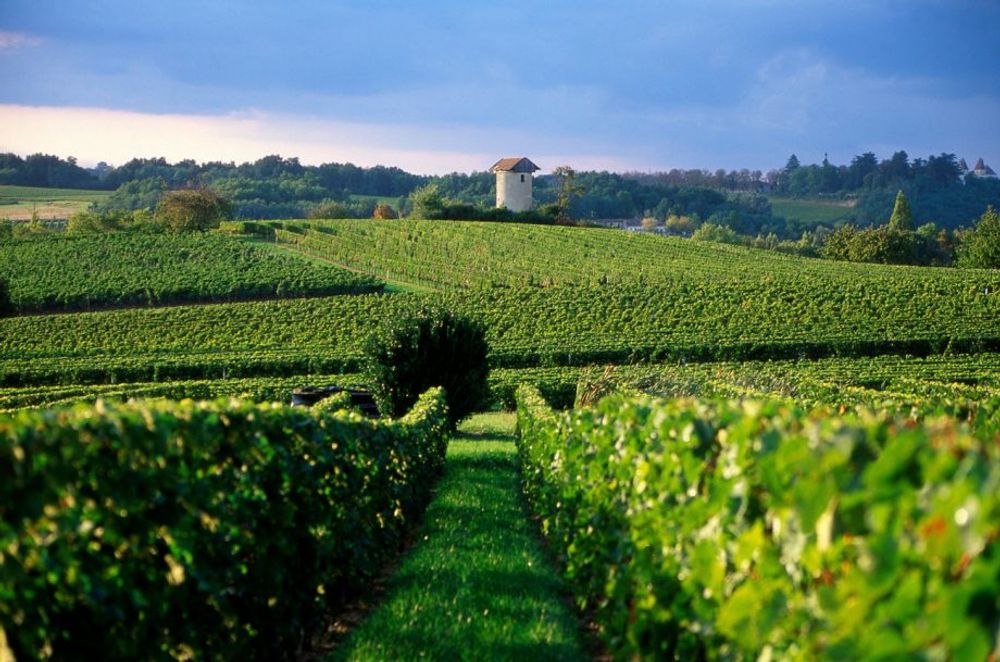
Bordeaux sees a great future for its white wines
CIVB’s marketing efforts have been finely tuned to promote Bordeaux’s still white wines over the past few years, and it is beginning to see the rewards. This year, through a combination of hard marketing work and the impact of Covid-19 on exports, the UK toppled the US to become the number one export market for dry Bordeaux whites for the first time. Exports of Bordeaux to the UK have increased by 4% this year overall, and jumped to 26% over the past few months.
The interest in Bordeaux whites is clearly there, but consumer knowledge often isn’t, said Juby. People are surprised that Bordeaux even produces white wines when they are given one to taste in a wine shop, she added.
As well as marketing and promotional offers within the off-trade, wineries have begun to include grape varieties on the back label to help consumers. As Juby said, most people know about Sauvignon Blanc, but have no idea that they can find it in Bordeaux.
During a promotion in September, 96% of the feedback from independent wine merchants reported selling more white Bordeaux, with one Vagabond store selling 10 days’ worth of stock in just three hours.
Shifting perspectives
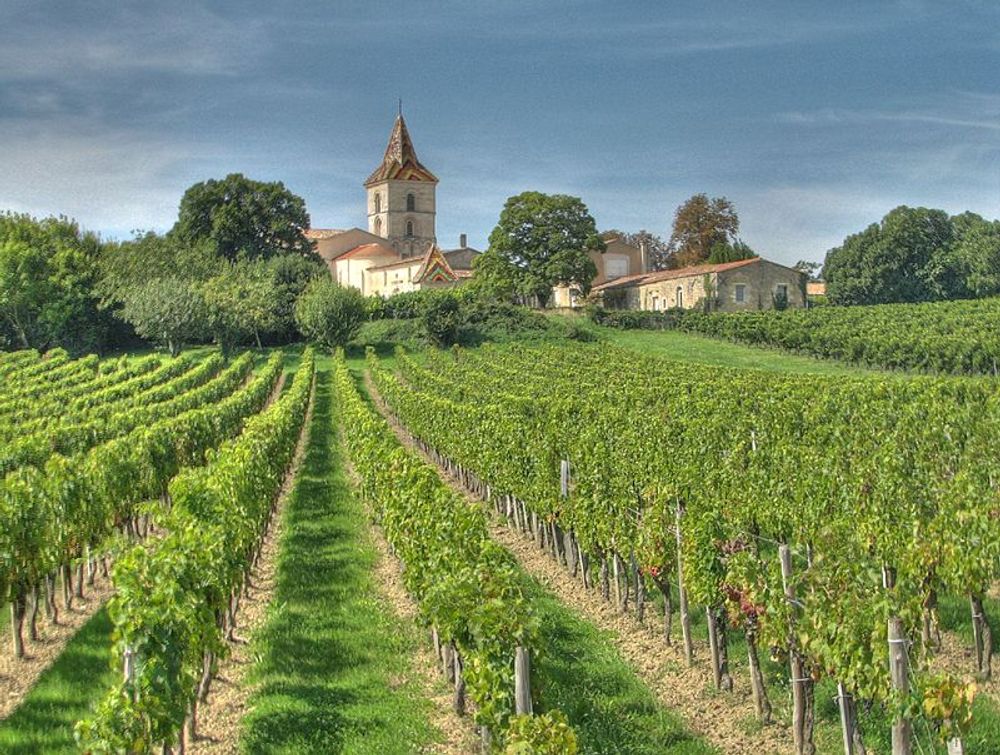
As well as pushing its whites Bordeaux is also planting a wider range of red varieties like this plot of Malbec
This focus on white Bordeaux is part of a wider effort to shift perspectives of Bordeaux and widen consumer knowledge. While emphasising the importance of premium Grand Cru Bordeaux for those special dining occasions, Rambaud said it was also doing a lot of work to diversify Bordeaux’s image, promoting the new alongside the traditional.
From a style perspective, this includes an easier drinking, more supple, less-oaked wine that is ready to drink at a younger age than your typical Grand Cru. In terms of winemaking, she said, there was a a trend towards shorter macerations, using gravity to circulate the wine more softly, and reduced use of oak ageing.
From a sales perspective, the CIVB is thinking about how to put Bordeaux in places it isn’t normally found as well as running events and promotions. This includes initiatives like promoting Sauternes in cocktails, and increasing the use of technology to promote brands such as the VR vineyard tour. Traditionally Rambaud said there is a “mental clash” between Bordeaux and technology that it is tackling head on.
2020 harvest
In terms of the harvest, Rambaud said the 2020 wines are promising in terms of quality, showing well balanced acidity, tannins and alcohol.Bordeaux experienced a very long, hot summer with exceptional sunshine in September, vital for late ripening of the grapes.
Estimated quantities are slightly lower than average due to the extended heat, though the final figures are not in yet. There were also a couple of isolated frost and hail events in spring that lead to loss of grapes for some winemakers.
- For more on how Bordeaux is trying to extend its profile beyond the wines it produces sign up to one of the upcoming Bordeaux Means Business trade webinars hosted by the École du Vin de Bordeaux, which looks to analyse the role of social media, digital communications, marketing and other ways in which the trade as a whole is working to promote wine and Bordeaux. Click here for more details.
- The Buyer’s Richard Siddle is hosting one of the sessions on December 3 at 11am with panelists: Helena Nicklin, The Three Drinkers (TV presenter, freelance writer, social media personality); Yannick Oudin, Favoreat Design (design & marketing agency) and Basile Tesseron, Château Lafon-Rochet (Bordeaux producer).
